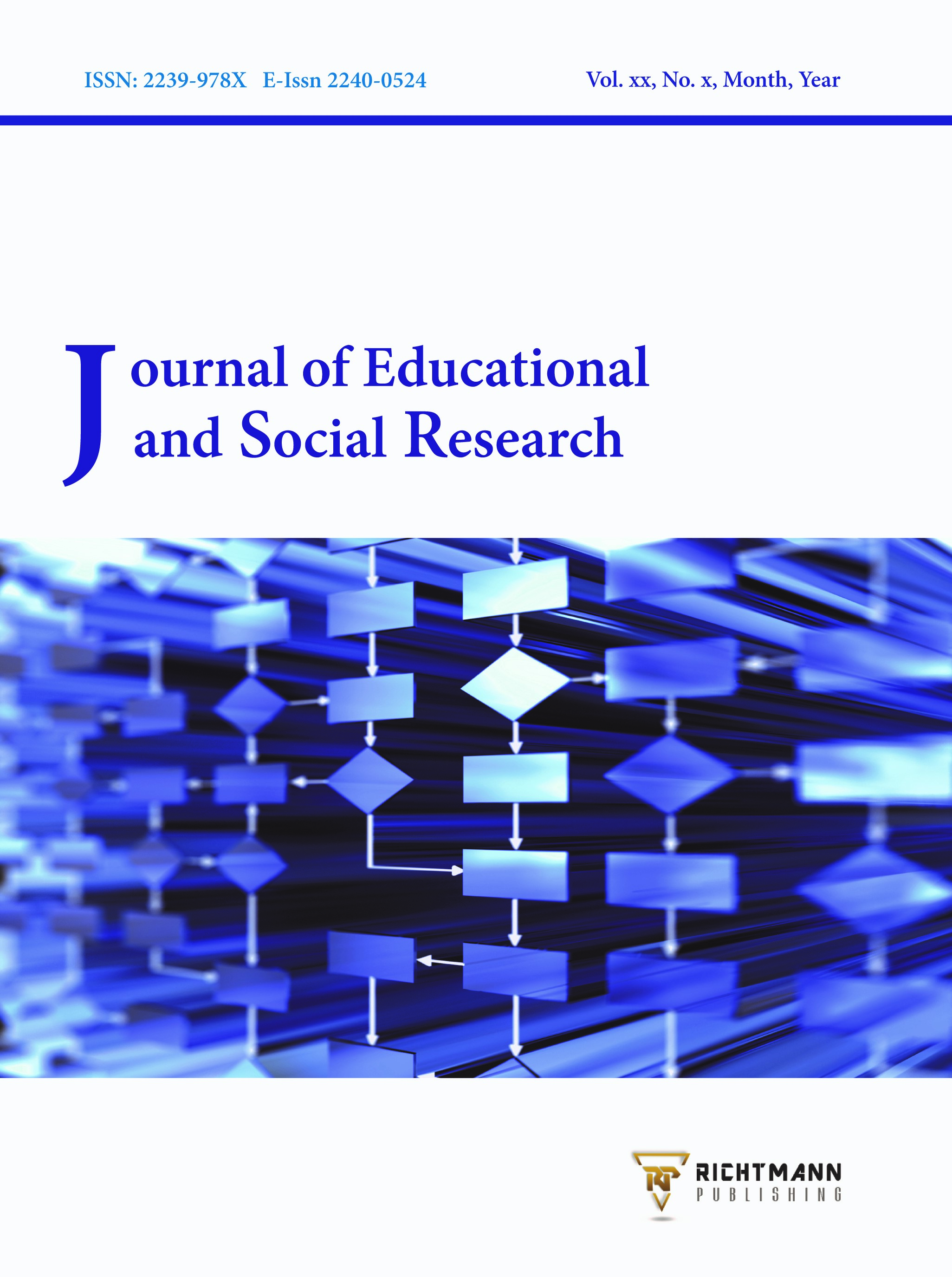Development of the Digital Accounting and Its Impact on Financial Performance in Higher Education
DOI:
https://doi.org/10.36941/jesr-2023-0031Keywords:
digitization, financial performance, innovation, investment, technologyAbstract
The emergence of digital society in industry 4.0 is one of the most visible changes in the XXI century. The creation of digitization has led to significant changes in accounting and financial management as features of an innovative University. This study aims to analyze the development of digital accounting and examine its impact on economic performance in higher education by using IBM SPSS Statistics 25 and the feasibility of the investment using the payback period approach. The development of digital accounting is based on a web 2.0-based ICT system using the Software Development Life Cycle (SDLC) method with the waterfall model and applying the latest financial accounting standards. Analysis of the impact of accounting digitization was carried out on 247 educational staff as a population and involved 152 respondents as samples selected using the Slovin formula. Data analysis consisted of descriptive statistics, correlation, and multiple regression analysis with an error rate of 5%. The findings showed a positive correlation between financial performance and accounting digitization. Accounting digitization significantly affected financial arrangement with a P-value of 0.000 is smaller than the alpha (?) of 0.05 or sig.T< 0.05, which means significant. The investment feasibility test using the payback period concludes that digital accounting is feasible to implement in higher education. The eligibility criteria based on the results of calculating the rate of return on investment is three years and two months, faster than the required payback period of four years.
Received: 18 December 2022 / Accepted: 10 February 2023 / Published: 5 March 2023
Downloads
Downloads
Published
Issue
Section
License

This work is licensed under a Creative Commons Attribution-NonCommercial 4.0 International License.
This work is licensed under a Creative Commons Attribution-NonCommercial 4.0 International License.









